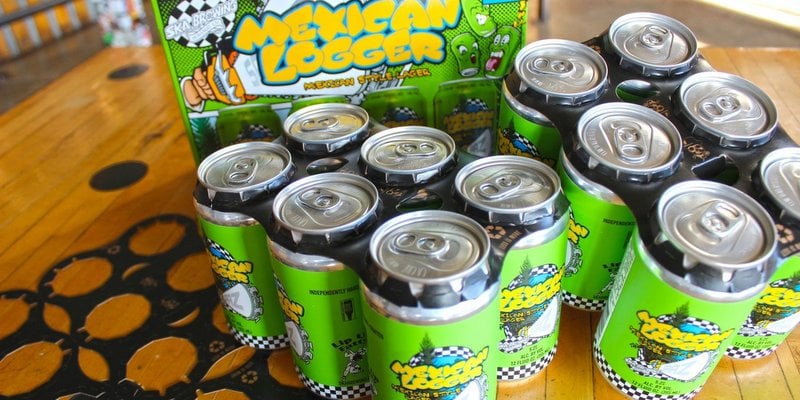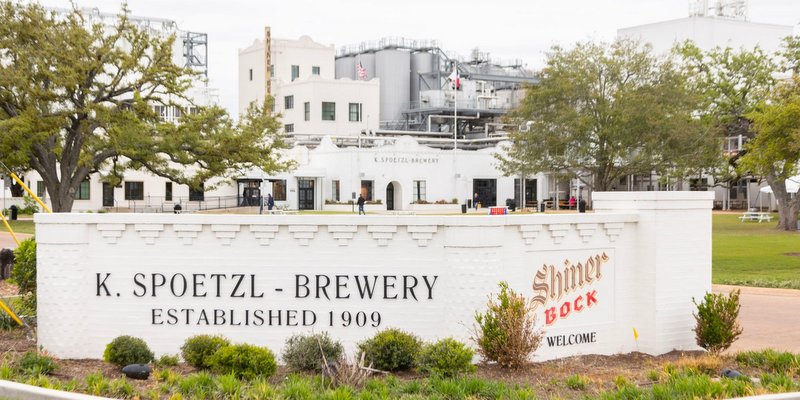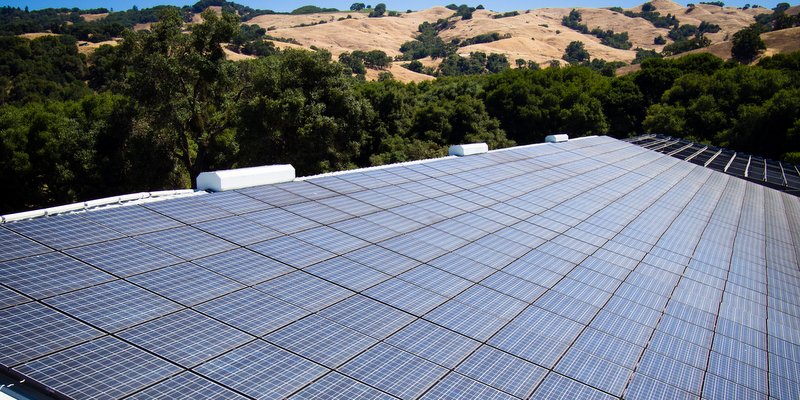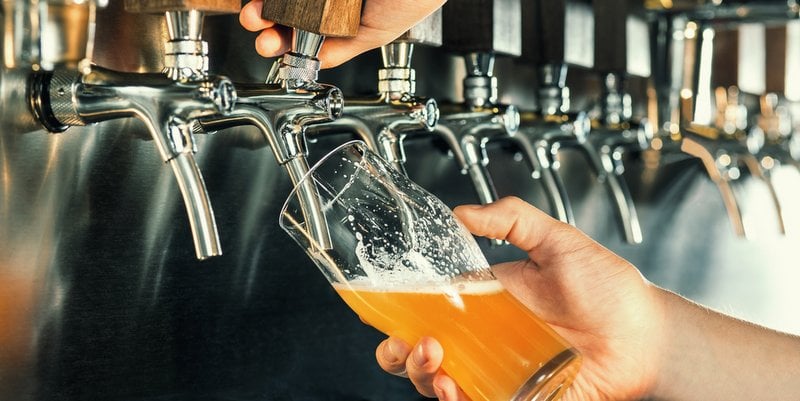
We did a round up of Earth Day/Week/Month initiatives yesterday, and today the good eco vibes keep rolling. In alignment with the 2024 Earth Day theme “Planet vs Plastics,” Ska Brewing announced the installation of the CanCollar Corsair machine, a first in North America for craft breweries, provided by sustainable packaging leaders WestRock.
This state-of-the-art technology allows the brewery to transition from plastic can collars to paperboard solutions, dramatically reducing plastic usage by up to 95% for their multipack products. This transition is eliminating approximately four tons of plastic waste annually, significantly reducing the brewery’s carbon footprint and waste.
Look for new QR codes on all of Ska’s cans for more information about their sustainability efforts and Earth Day initiatives, including opportunities to win upcycled merchandise from companies like Mindy’s Beer Gear and Thread Metal Stone.
This type of move isn’t new for Ska, which has consistently led efforts to minimize environmental impact over the years. The brewery has long utilized recycled materials—from jeans used as insulation to reclaimed bowling alley wood for tables to early adoption of infinitely recyclable aluminum cans for beer packaging— and set industry standards for environmental stewardship. And just this year, the brewery doubled their investment in Colorado-grown grain, which now comprises 85% of Ska’s total malt usage.
“Ska Brewing has never been content with the status quo,” says Ska Brewing President Dave Thibodeau. “Our initiatives are about setting new benchmarks for sustainability in brewing. With these new systems, we are making significant strides towards becoming a zero-waste facility and further reducing our environmental footprint. This Earth Day, we are excited to demonstrate how the beer industry can lead in the fight against plastics and for the planet.”
Building on their efforts to achieve a zero-waste goal, Ska Brewing has partnered with Durango’s Table To Farm Compost to repurpose all spent grain from the brewing process. Previously used as cattle feed or sent to landfills, their spent grain will now be composted, helping to reduce methane emissions—a potent greenhouse gas. This partnership not only supports local agriculture, but also promotes circular economy practices by transforming brewing byproduct into valuable compost for community use.






Leave a Reply
You must be logged in to post a comment.